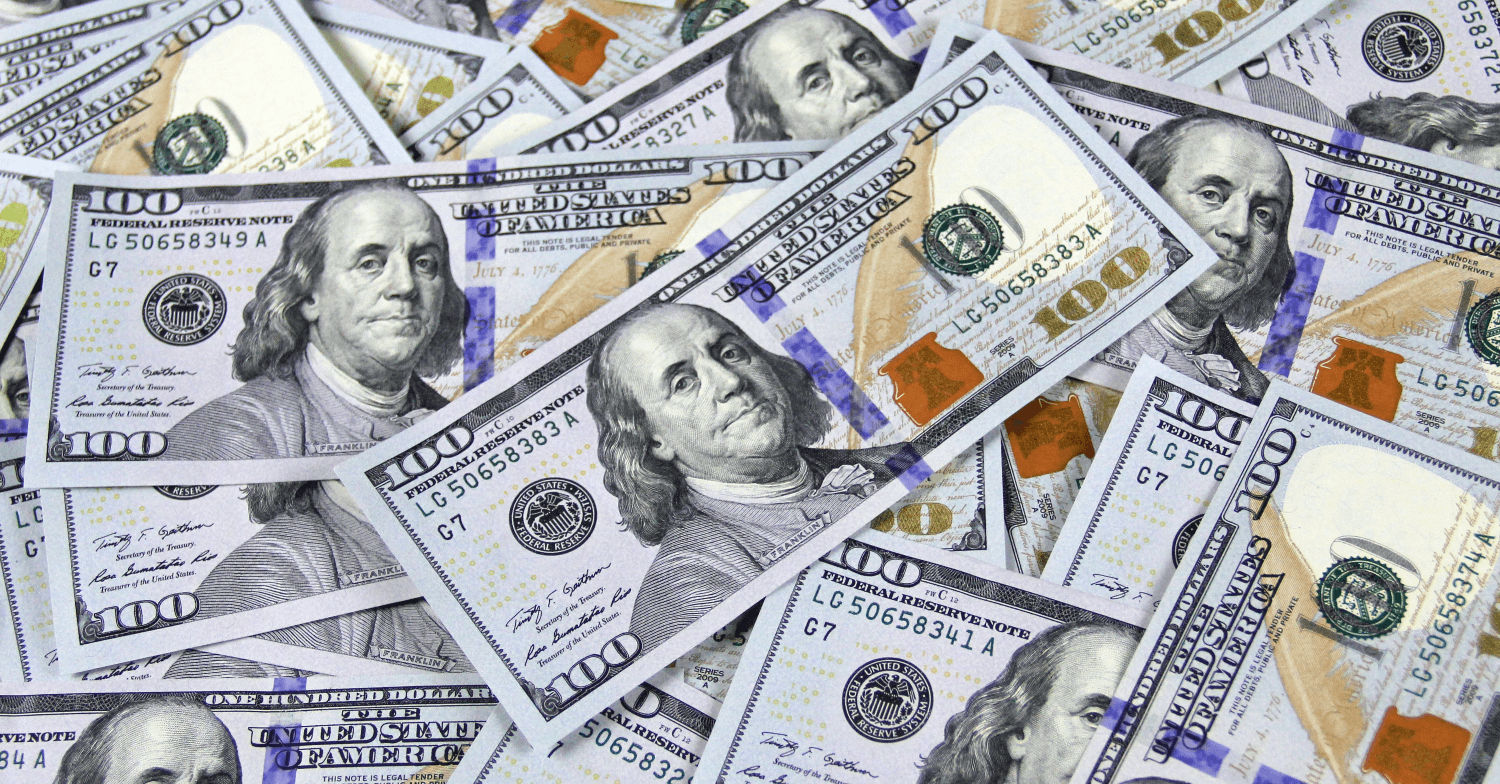Kayfabe
Pretending something fake is real
Example
I can't tell whether the feud between JoJo Siwa and Bhad Bhabie is real or kayfabe
Related Slang
| Heel | Villain |
| Face | Hero |
| Put over | Make someone look good |
| Cut a promo | Stage a promotional interview |
| Jobber | A character who loses fights to make others look good |
| Work | A scripted event |
| Shoot | An unscripted event |
| Worked shoot | A scripted event that contains unscripted elements |
| Mark | A fan who believes pro wrestling is real |
| WWE | World Wrestling Entertainment |
| NWO | New World Order |
 Are you financially literate?
Are you financially literate?
In professional wrestling, kayfabe refers to fans', wrestlers', and management's unspoken agreement to pretend the "sport" is real. This allows fans to buy into pro wrestling's scripted storylines and matches with the same fervor as fans of real, unscripted sports.
What are the origins of kayfabe?
While there is no agreed-upon story of how kayfabe came to be called kayfabe, the term likely originated within the traveling carnival business, of which professional wrestling is an offshoot. Possible origins of the term kayfabe include:
As with many things relating to professional wrestling, how many of these stories are themselves scripted kayfabe is unclear.
How does kayfabe work?
In theory, kayfabe allows pro wrestlers, management, and audiences to pretend that every event that takes place in professional wrestling, including matches, friendships, and rivalries, is genuine and unscripted. To maintain kayfabe, wrestlers must sell each match, making it look as if the moves they perform and take the brunt of are impactful and effective. They must also maintain character both inside and outside the ring - acting like a heel if they are supposed to be a villain and acting like a face if they are supposed to be a hero.
If wrestlers maintain kayfabe, audiences reward them by buying into the lie - transforming professional wrestling into a hybrid between an ongoing soap opera and a sports league. Believing that professional wrestling is "real" is generally harmless and fun, and it makes the "sport" much more exciting. So, audiences also tend to maintain kayfabe.
At times, wrestlers break kayfabe. In the Internet era, especially, maintaining the illusion that professional wrestling and its many storylines are real can be taxing. However, it is still rare for any wrestler or management to acknowledge that a match or storyline was scripted.
Where else is kayfabe used?
Ironically, the Internet era has also introduced the concept of kayfabe to audiences outside pro wrestling. Celebrities now often conduct fake social media feuds that they and their fans pretend are real, which are prime examples of kayfabe. Another example of maintaining kayfabe is comedian Stephen Colbert's 2010 appearance in front of the U.S. House of Representatives, in which Colbert spoke as the fictional version of himself that he created for The Colbert Report.